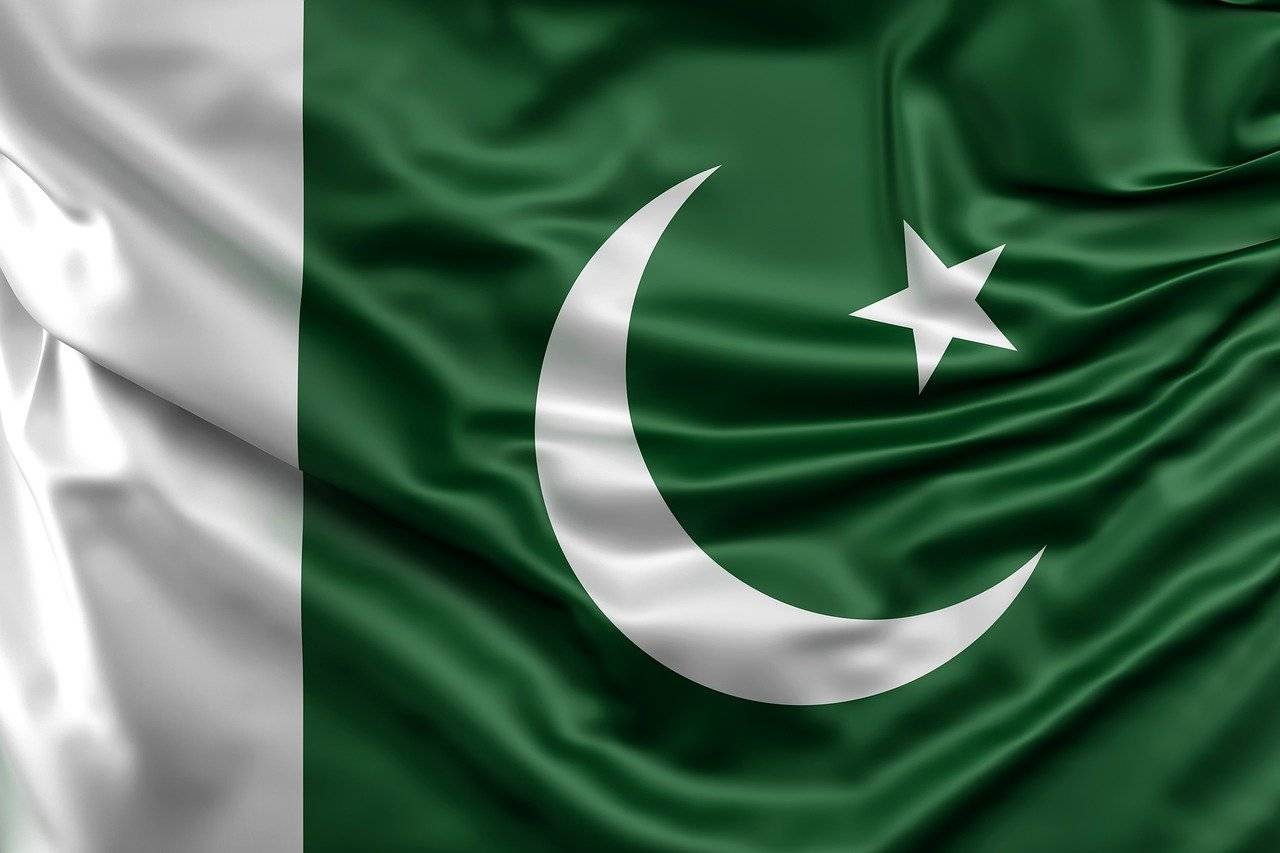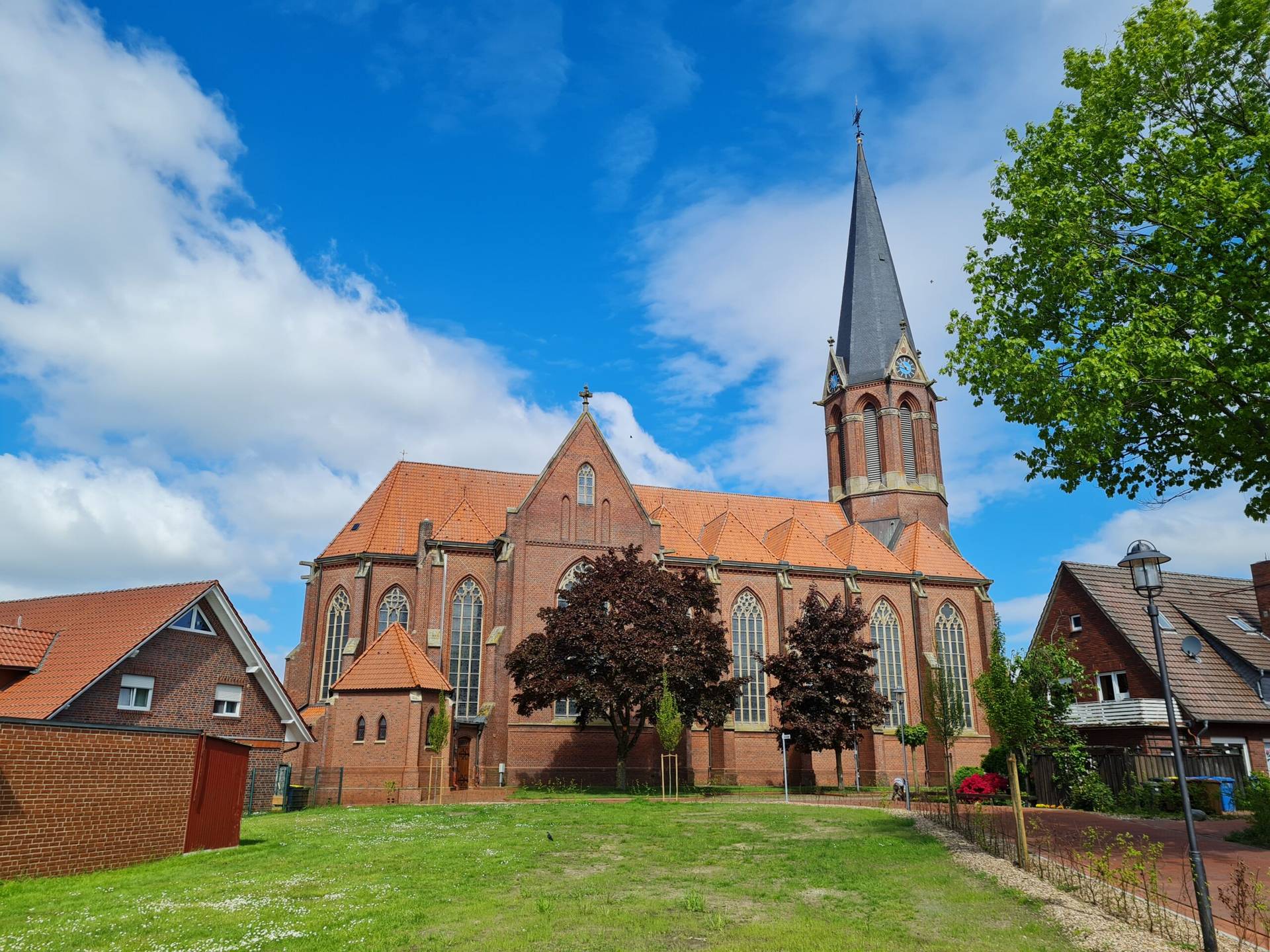MUMBAI, India – India’s newest saint is “a model a beacon for us and for future generations,” according to one bishop.
Nilakandan Pillai was born in 1712 in what is now the Indian state of Tamil Nadu, in the south of the Indian subcontinent. When he was baptized, he took the name “Lazarus” – Devasahayam in the local Tamil language. He stopped using the name “Pillai” after his conversion, since it was a Hindu caste name.
After his conversion, Devasahayam suffered severe harassment and persecution – including beatings and imprisonment – until he was finally shot and killed in 1752.
RELATED: Vatican drops ‘caste name’ of Blessed Devasahayam when announcing miracle
His body is now at Saint Francis Xavier Cathedral in the Diocese of Kottar.
“We know already – and it is taken by the people – that Devasahayam is a martyr and a saint. it is only on the official announcement of the Church that we were waiting,” said Bishop Nazarene Soosai of Kottar.
“More and more people come to this place, having a deep faith in our martyr Devasahayam, who had a deep faith in God,” the bishop told Crux.
“This has a universal significance, as much for the Church in India and Asia. Today we are called to exhibit in our own surroundings a deep faith in God, and I am particularly happy that the Church has come forward to canonize a lay person, the first lay Indian saint,” he said.
Soosai said the canonization is especially important for the modern situation in India, where “fanaticism and fascism are on the rise.”
“Ordinary people have shown by their lives and by their deaths the deep faith they had in Christ. This should be highlighted more and more rather than – as often we highlight – priests, religious and founders of congregations. Ordinary people live worthy Christian lives amidst their hardships and trials everywhere in the world,” the bishop continued.
“Therefore, acknowledging the faith that Devasahayam had shown by his death should be taken as a model today in India and even for countries in Asia where we are unable to come out openly to proclaim our Christian faith,” he added. “I believe he is a model, a beacon, for us and for future generations.”
Jesuit Father A. X. J. Bosco, a Dalit human rights activist, also told Crux Devasahayam’s canonization was important for today’s India.
“We are in a time of persecutions; many pastors especially from the Pentecostal churches are beaten up, arrested and thrown into prison, nuns including Mother Teresa sisters are attacked; chapels and houses of prayer are damaged; anti-conversion legislations are enacted; there is no religious freedom; Christian NGOs who are doing charitable works are deprived of FCRA [Foreign Contribution Regulation Act]. At this juncture, Blessed Devasahayam, who faced persecutions boldly, is a great exemplar for Christians who are bearing the brunt of Hundutva [Hindu nationalism]; he shows the way of a faithful disciple who never hesitated to follow Jesus carrying his cross,” the priest said.
Bosco also expressed his relief that the caste name “Pillai” was no longer being used on Vatican documents, as it was before Devasahayam’s beatification, saying otherwise “it might have demeaned the status of sainthood, and Blessed Dhevasagyam instead of being a blessing and inspiration, would have become a sign of shame and division, because caste is a sin and to adhere to caste means rejecting the values of the Gospels and our Indian constitutions.”
He also said he hoped the upcoming canonization would be a blow to clericalism in the Church.
“In the beginning of the Church, there was no distinction as clergy and laity. Leadership in the Church was shared by all,” he said.
He said the canonization of a lay person may initiate a change in the Indian Church concerning leadership.
“We may start appreciating and encouraging lay leadership and the hierarchy, which is rigid, may be inspired or forced to create spaces for laity to share the power structure,” he said.
RELATED: Pope approves canonizations, but doesn’t set date because of pandemic
Father Devasagaya Raj M. Zackarias, the former national secretary for the bishops’ commission on scheduled castes and scheduled tribes – those taking up the lowest rungs in Hinduism’s caste system – said the upcoming canonization is “an invitation for all of us to bear witness in this trying time.”
“From the time of the missionaries there were so many lay faithful who lived a saintly life,” he told Crux.
“The universal Church will continue to recognize the lay faithful who live simple committed Christian lives in the remote villages,” the priest said.














